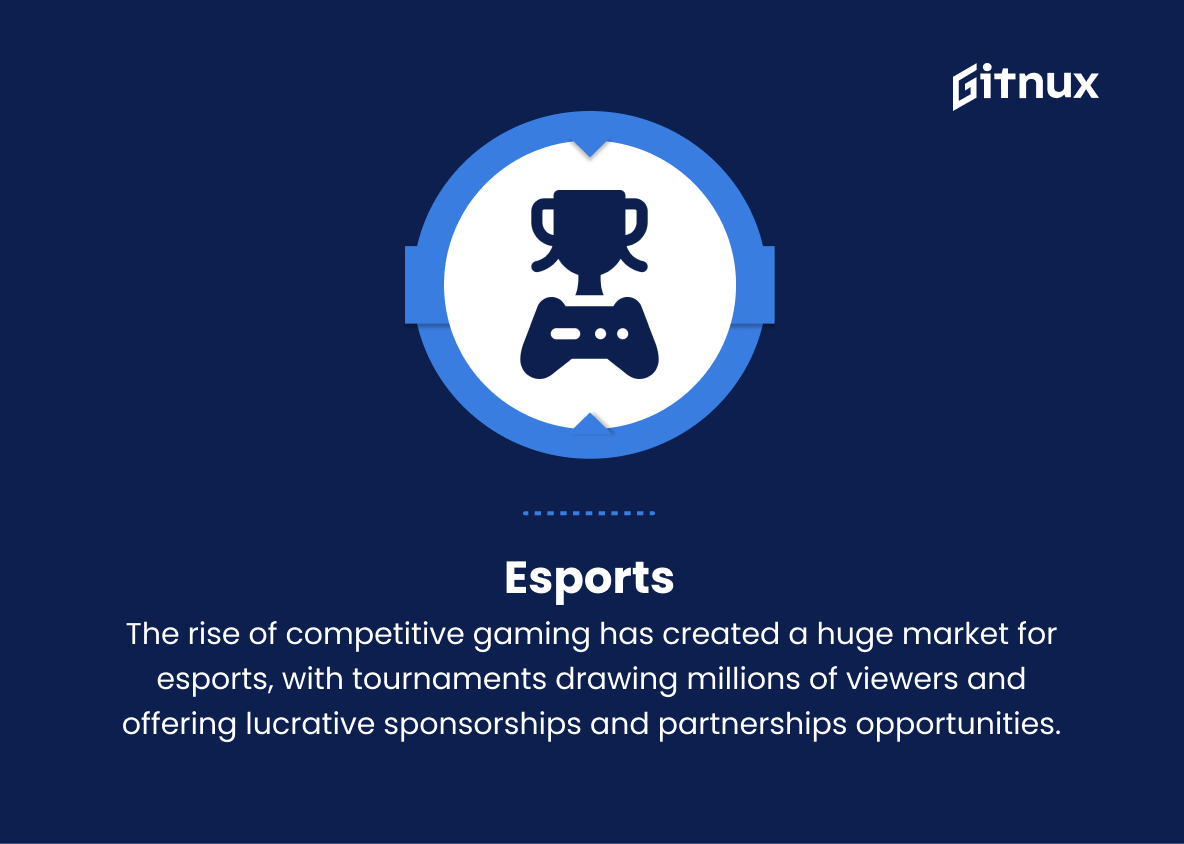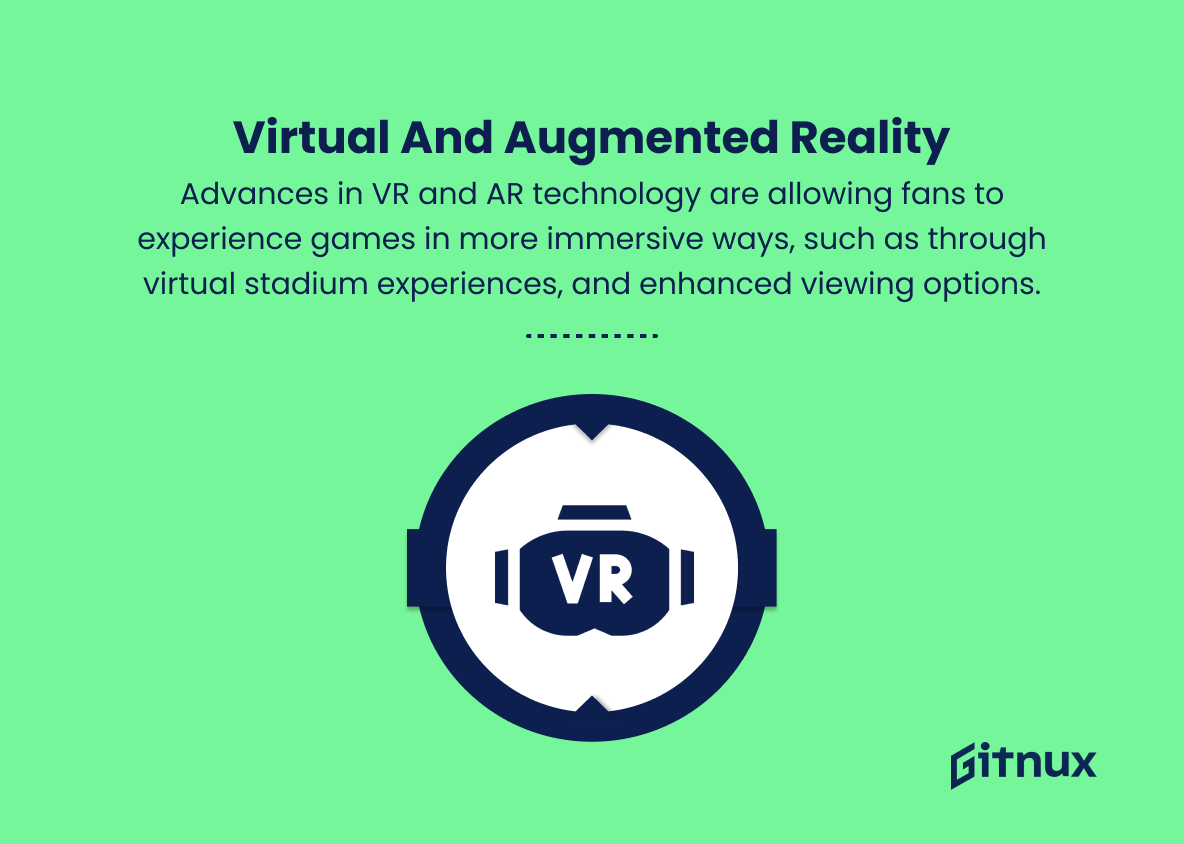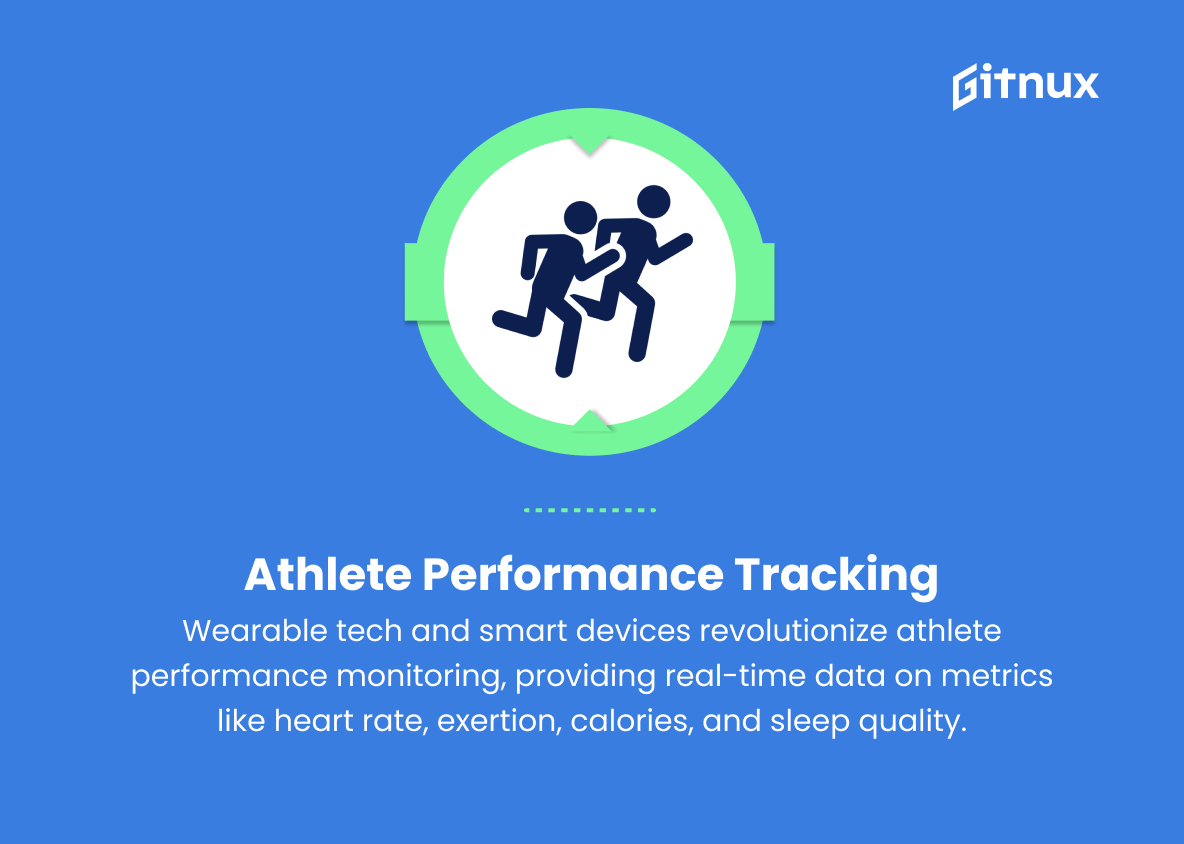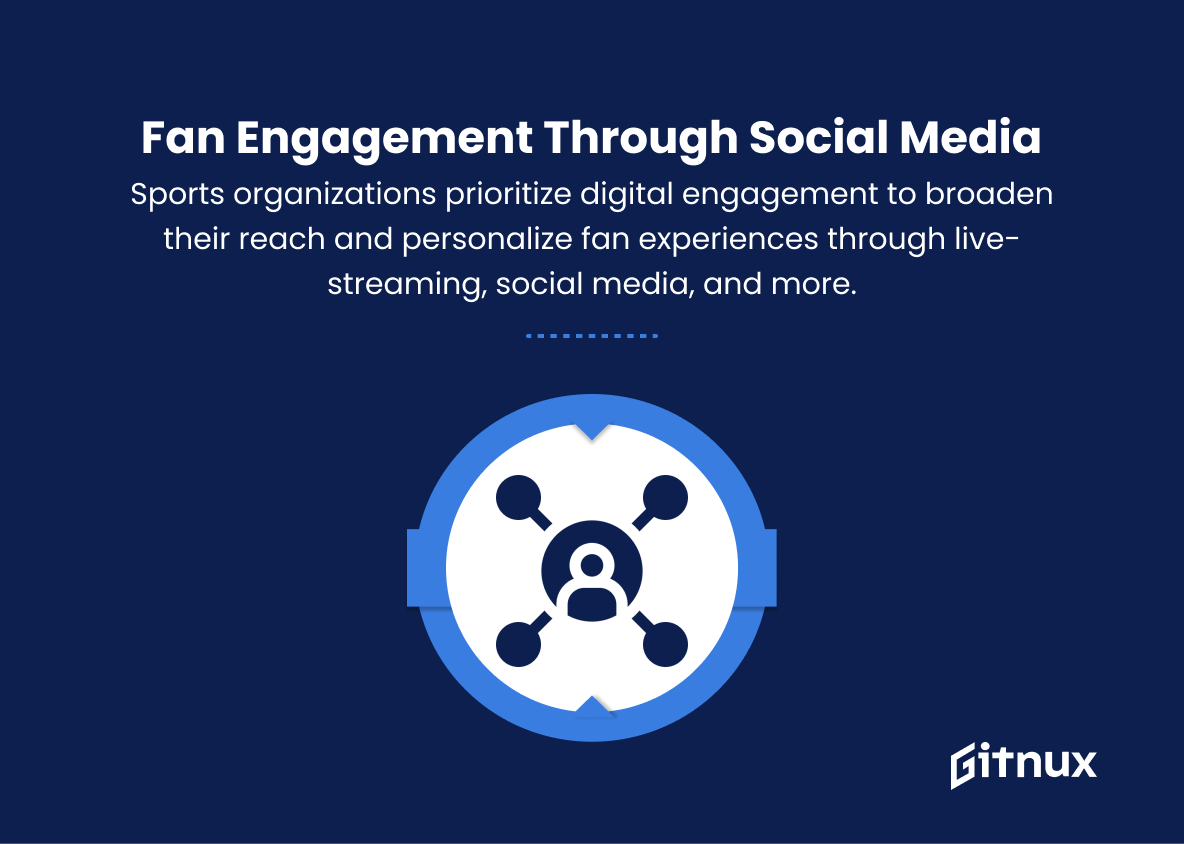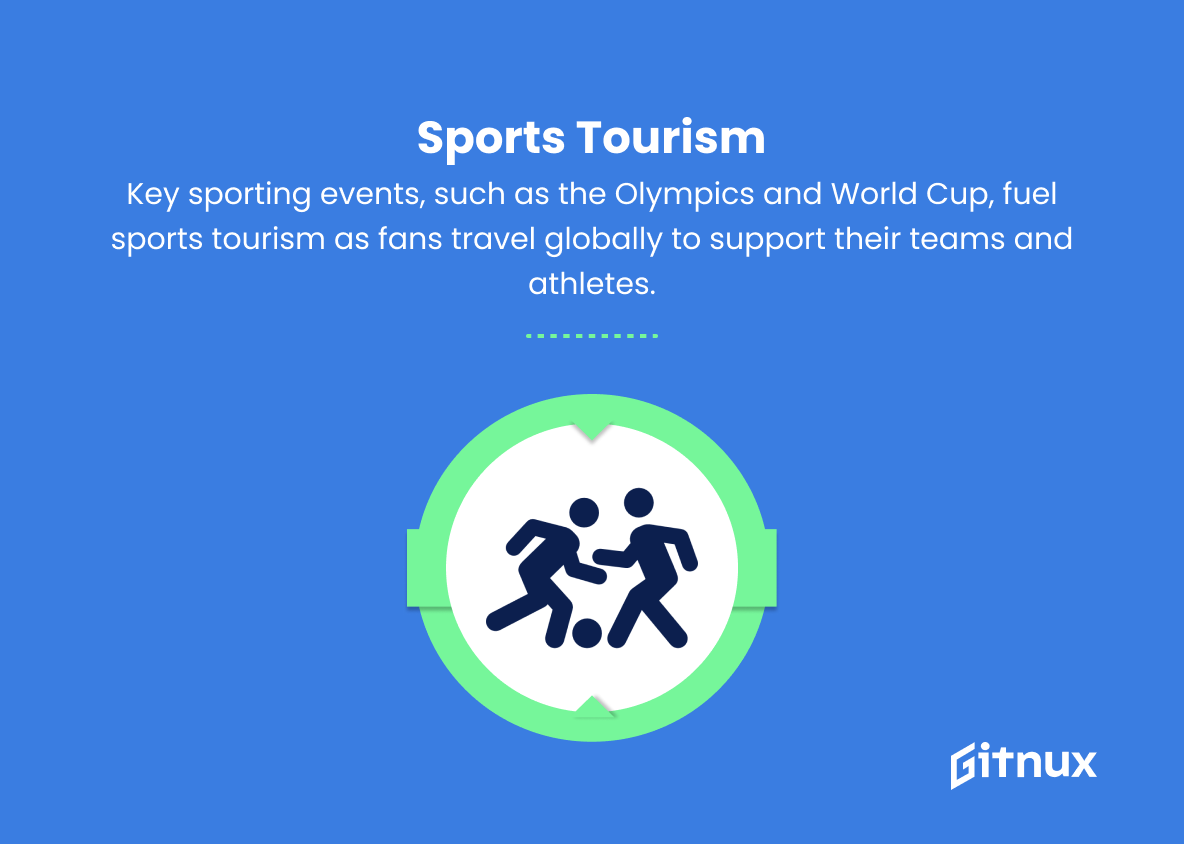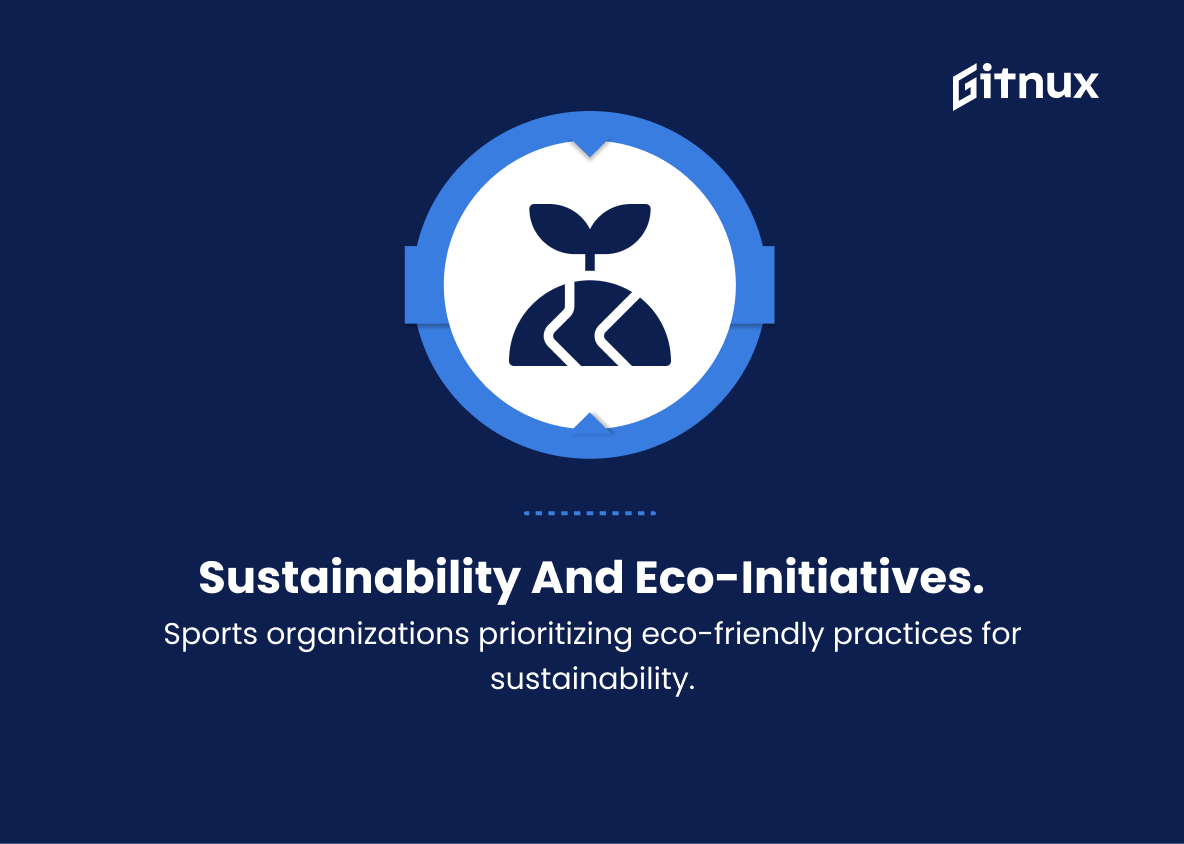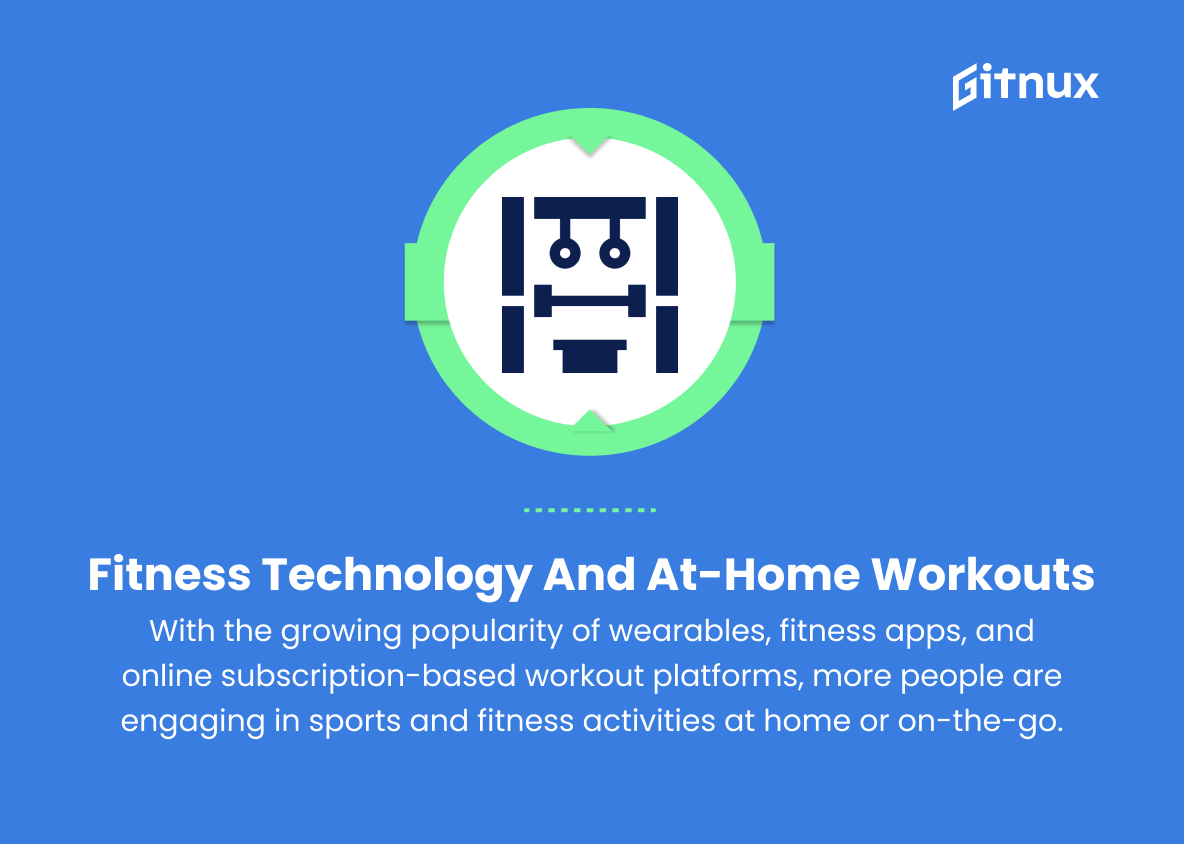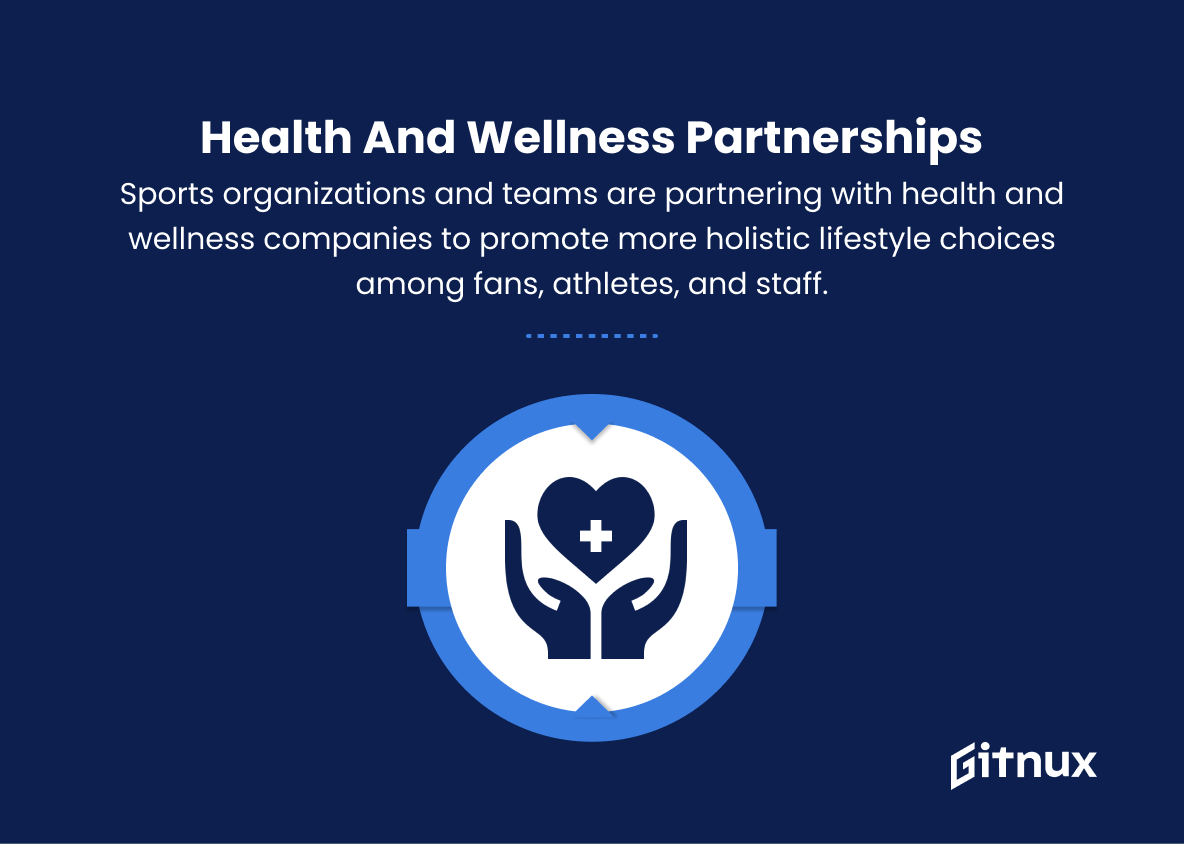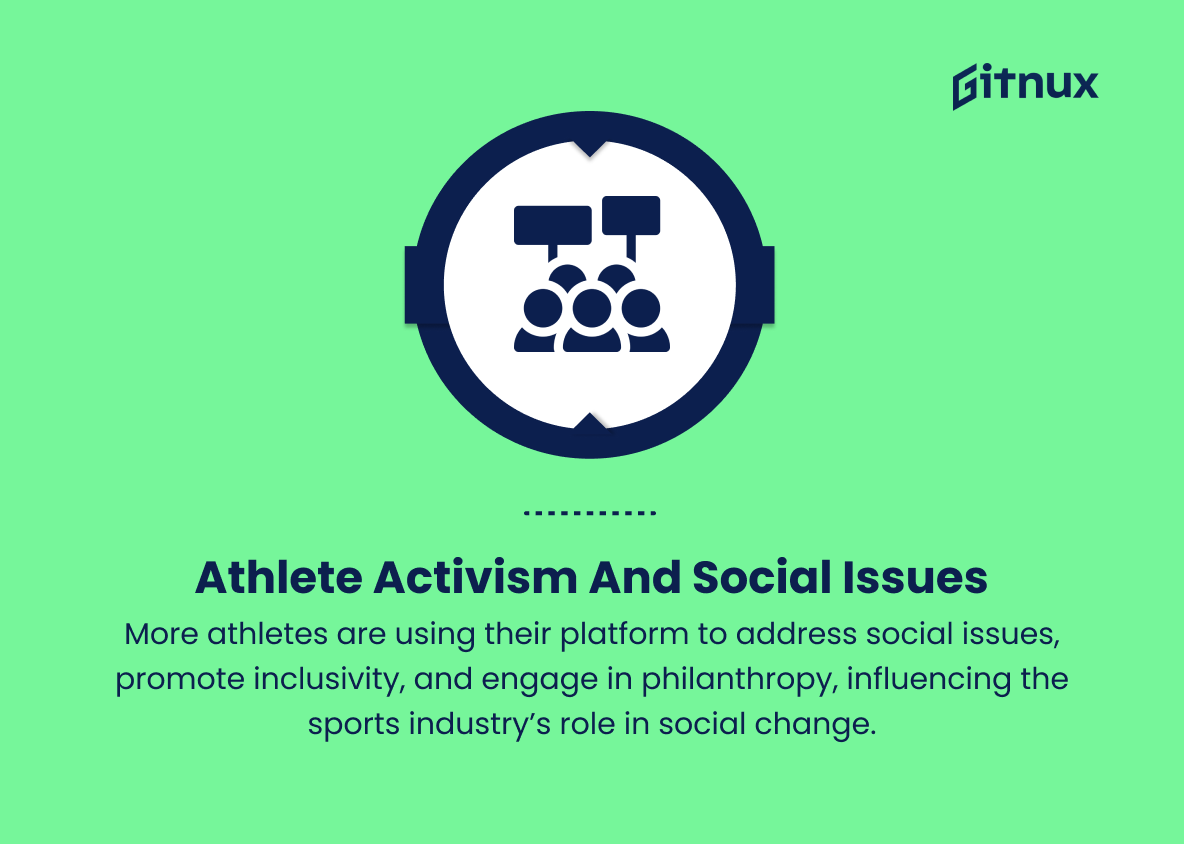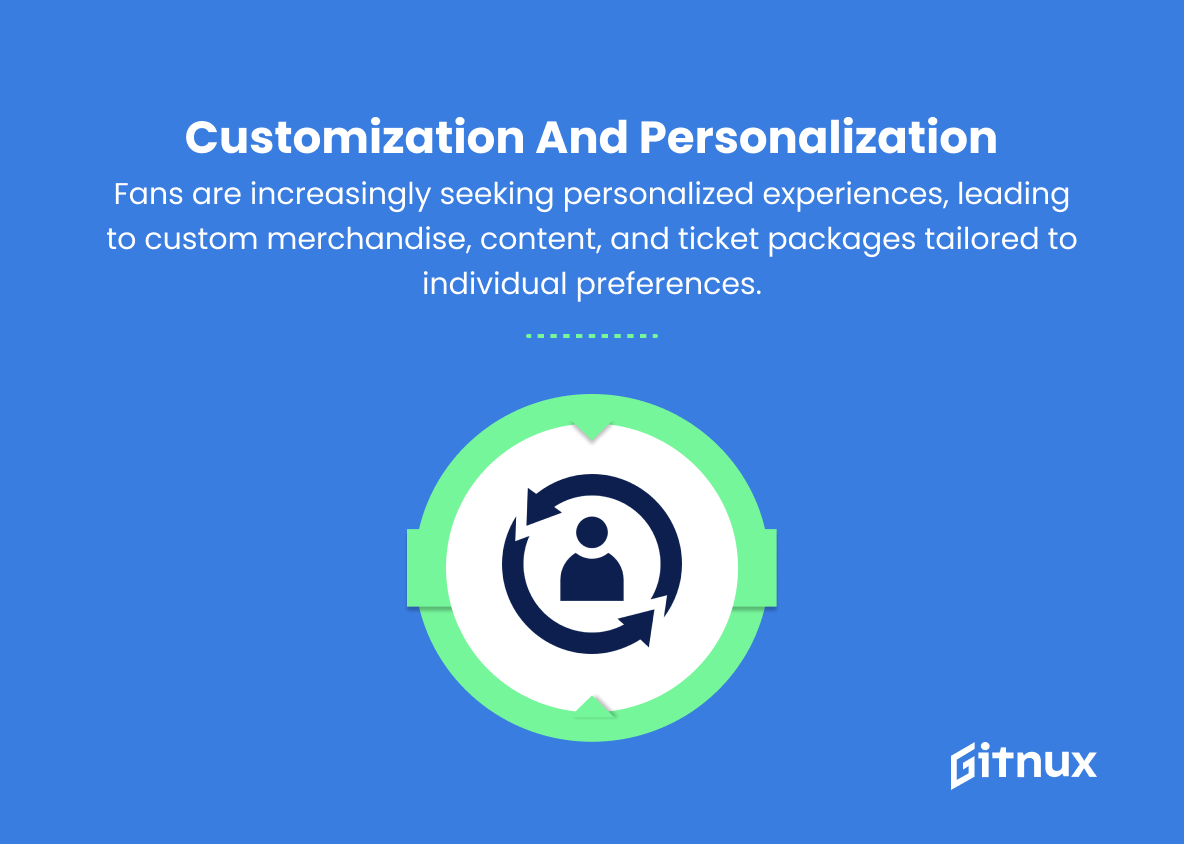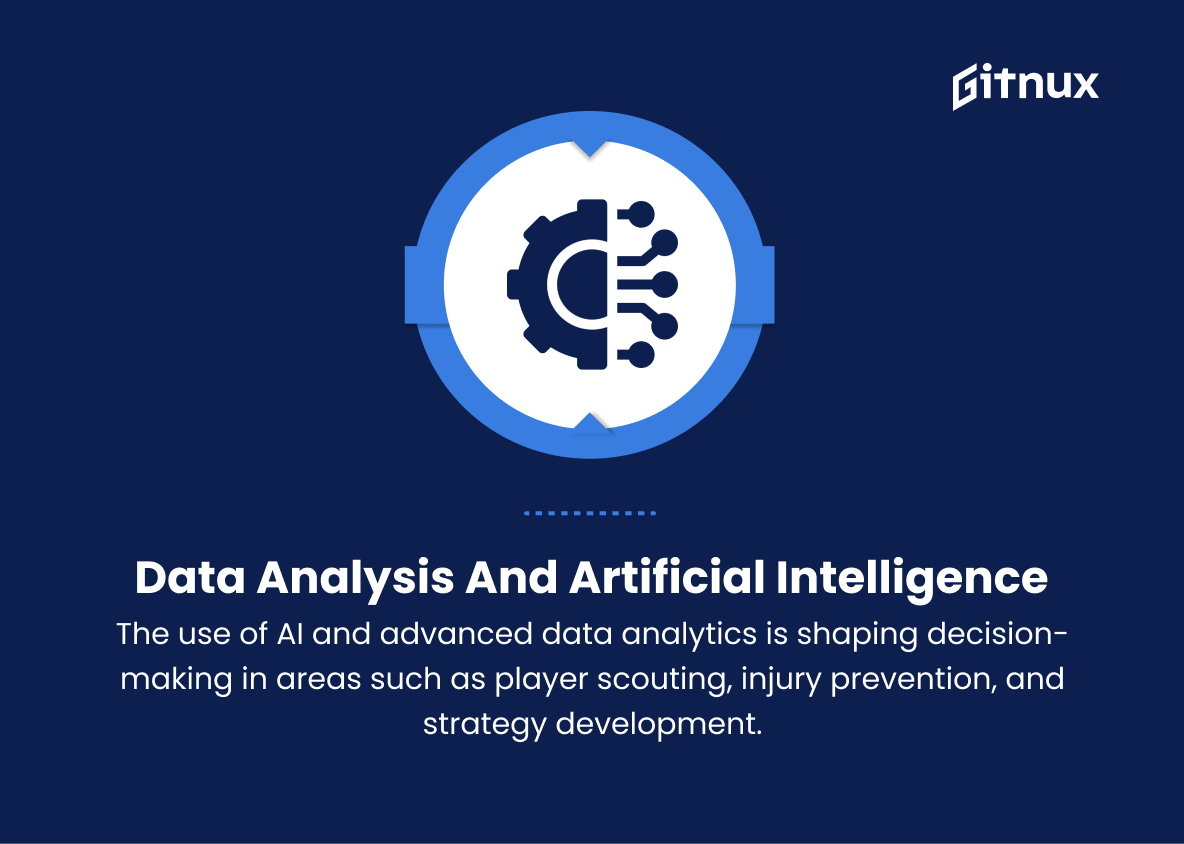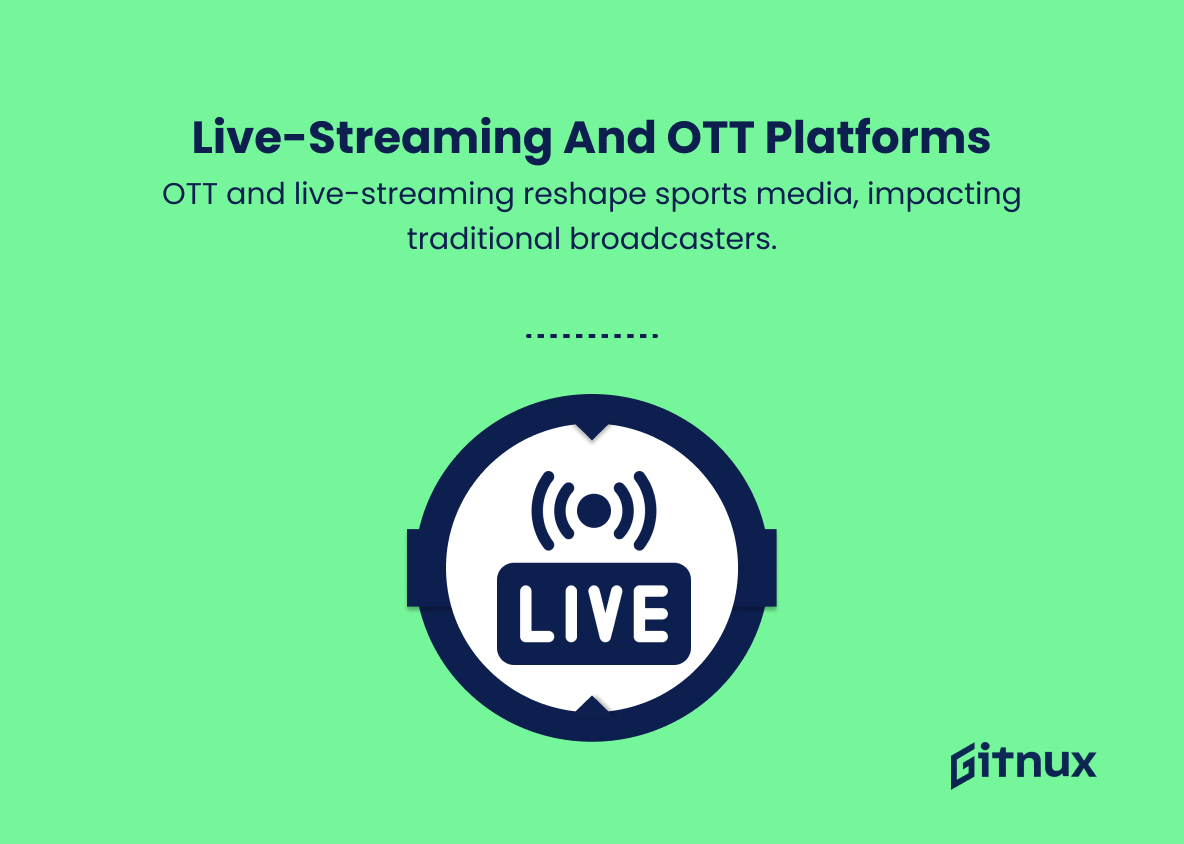In today’s fast-paced world, the sports industry is constantly evolving, shaped by emerging technologies and shifting consumer preferences. No longer confined to just stadiums or TV screens, the multi-faceted landscape of sports has become an essential part of our modern society.
As we witness unprecedented changes and growth, keeping a finger on the pulse of these significant trends is essential for professionals operating in the sports business arena.
In this insightful blog post, we will deep-dive into the most impactful and transformative trends that are currently shaping the sport industry.
From advances in digital technology and data analytics to innovative marketing strategies and pressing social issues, we will explore how these trends are influencing the direction of the industry and the opportunities they present for businesses, athletes, and fans alike.
So, fasten your seatbelts and get ready for an exciting journey into the world of sports as we unveil the driving forces that are redefining the boundaries of competition – both on and off the field.
Top Sport Industry Trends
1. Esports
The rise of competitive gaming has created a huge market for esports, with tournaments drawing millions of viewers and offering lucrative sponsorships and partnerships opportunities.
2. Virtual and augmented reality
Advances in VR and AR technology are allowing fans to experience games in more immersive ways, such as through virtual stadium experiences, and enhanced viewing options.
3. Athlete performance tracking
Wearable technology and smart devices have transformed how athletes monitor their performance, offering real-time data on everything from heart rate to exertion levels, calorie count, and sleep quality.
4. Fan engagement through social media
From live-streaming games and events to interacting with fans via social media, sports organizations are increasingly focusing on digital engagement to reach new audiences and personalize fan experiences.
5. Sports betting and gambling
Sports gambling has gained wider acceptance, leading to a thriving ecosystem of online betting platforms and apps, and generating new advertising and sponsorship opportunities.
6. Sports tourism
Major sporting events like the Olympics, World Cup, and regional tournaments have spurred the growth of sports tourism, as fans travel around the world to watch their favorite teams and athletes.
7. Sustainability and eco-friendly initiatives
Sports organizations, teams, and venues are increasingly implementing eco-friendly measures such as energy-efficient lighting, waste management, and water conservation practices to reduce their environmental impact.
8. Women’s sports
There has been a rising focus on increasing visibility, participation, and investment in women’s sports, leading to greater opportunities for female athletes and enhancing gender equality in the sports industry.
9. Fitness technology and at-home workouts
With the growing popularity of wearables, fitness apps, and online subscription-based workout platforms, more people are engaging in sports and fitness activities at home or on-the-go.
10. Health and wellness partnerships
Sports organizations and teams are partnering with health and wellness companies to promote more holistic lifestyle choices among fans, athletes, and staff.
11. Athlete activism and social issues
More athletes are using their platform to address social issues, promote inclusivity, and engage in philanthropy, influencing the sports industry’s role in social change.
12. Customization and personalization
Fans are increasingly seeking personalized experiences, leading to custom merchandise, content, and ticket packages tailored to individual preferences.
13. Data analysis and artificial intelligence
The use of AI and advanced data analytics is shaping decision-making in areas such as player scouting, injury prevention, and strategy development.
14. Live-streaming and OTT platforms
Over-the-top (OTT) media services and live-streaming platforms are changing how fans consume sports content, posing new challenges and opportunities for traditional broadcasters.
15. Adaptive and inclusive sports
There is a growing focus on making sports more accessible and inclusive for people with disabilities, supporting the adaptive sports movement, and creating more opportunities for participation.
Implications
The sports industry is undergoing significant transformations, driven by emerging trends such as the rise of competitive esports, advances in virtual and augmented reality, and an increased focus on athlete performance and wellness.
In response to these trends, sports organizations are exploring new ways to engage fans through social media and digital platforms, leveraging data analysis and artificial intelligence for strategic decision-making, and embracing sustainability initiatives.
Greater visibility and investment in women’s sports and the growth of sports tourism are further expanding opportunities within the industry.
As athletes take on more prominent roles as social activists, the sports sector is also witnessing a shift towards greater inclusivity and adaptive sports for people with disabilities.
With the rapid adoption of fitness technology and at-home workouts, fans are increasingly taking an active interest in their own health, leading sports organizations to form partnerships with health and wellness companies.
The rise of live-streaming, OTT platforms, and the increasingly personalized nature of fan experiences are reshaping how sports content is consumed and distributed, creating new challenges and avenues for growth in the industry.
Conclusion
As the world of sports continues to rapidly evolve, it is crucial for industry professionals, fans, and aspiring athletes alike to stay informed on the latest trends.
As we’ve examined throughout this blog post, advanced sports technologies, evolving sports consumer behavior, the rise of esports, an increase in sports-related activism, and environmental considerations are all impacting the sports industry at an undeniable level.
By keeping an eye on these developments and adapting to the ever-changing landscape, we can ensure a healthy, competitive, and sustainable future for the sports industry. Ultimately, this will lead to heightened experiences for athletes, fans, and everyone involved in the world of sports.
